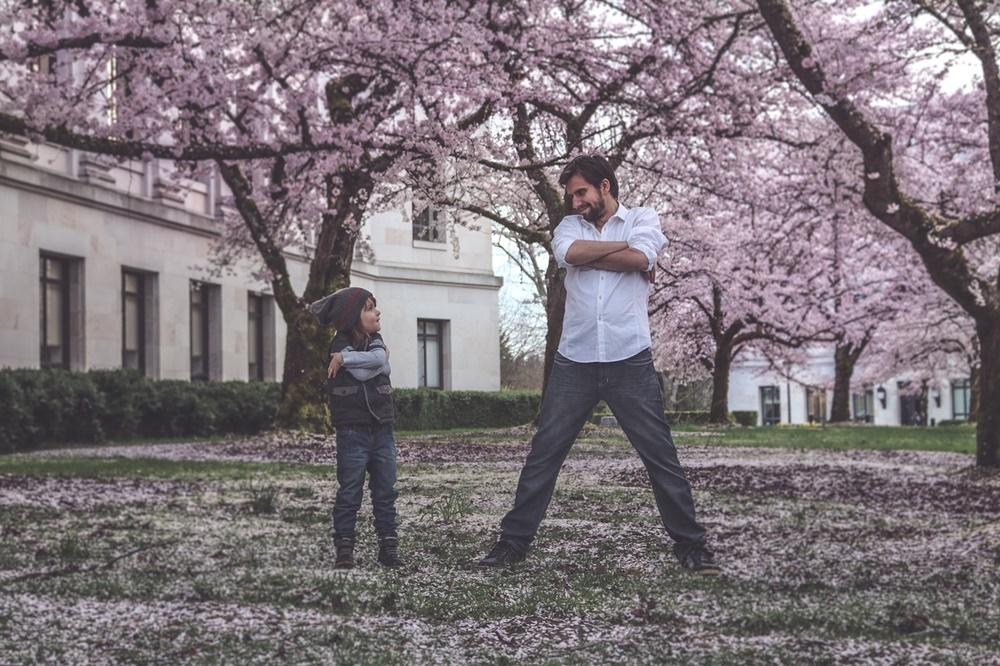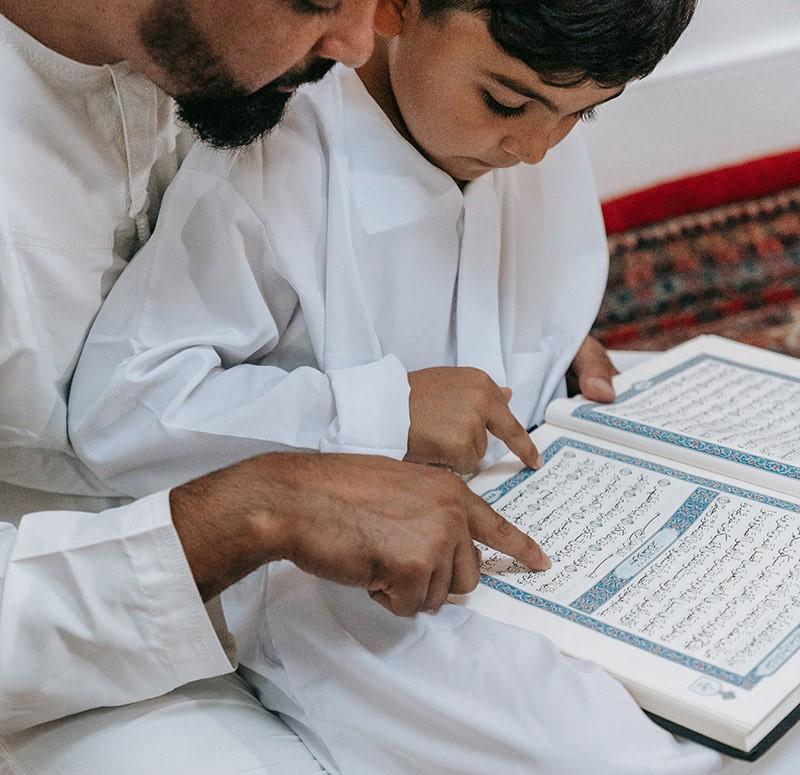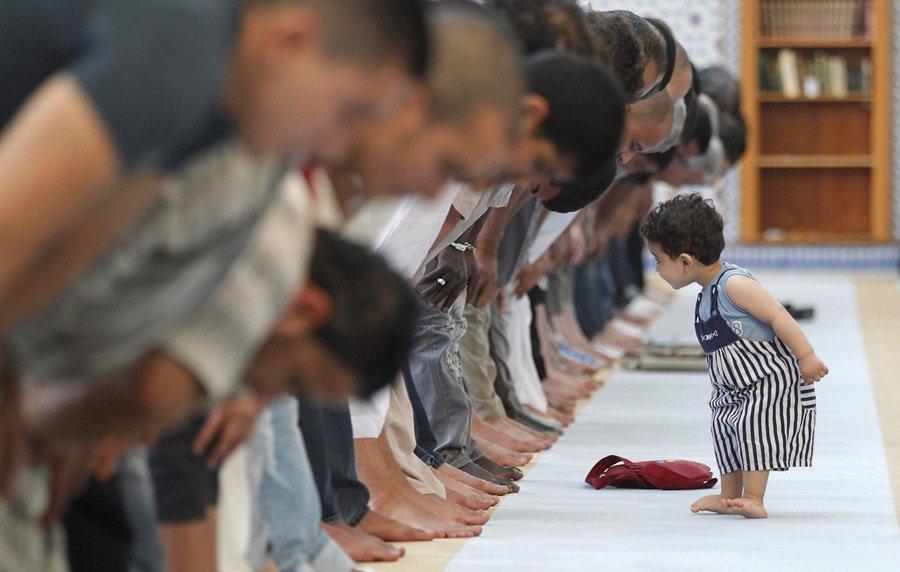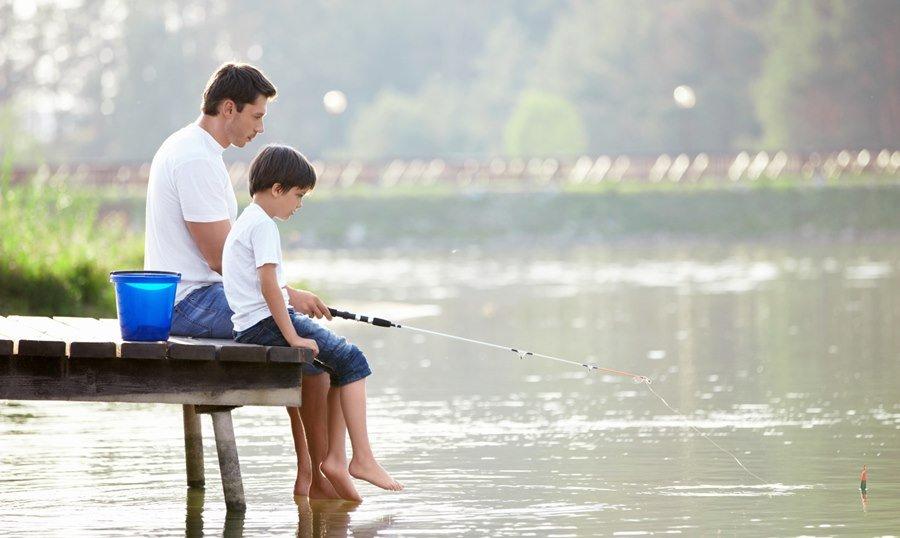Every Muslim parent wishes their child become a model Muslim, living by the laws legislated by Allah without transgressing the bounds set by Him. How a child is raised has a lot to do in this regard.
Islam entrusts parents guardianship and primary responsibility for their children in terms of the child’s physical, emotional, and spiritual wellbeing. “All of you are shepherds and each of you is responsible for his flock.” [Bukhari]
Many Muslim parents encourage Islamic education along with secular education for their children in an effort to bring Islam into their lives. However, many parents wrongly assume that their duties end there.
Whenever the topic of parenting rises, there is always the word Tarbiyyah that pops up. What does it mean? Many people use it as a synonym for Ta’leem. However, there is a difference between the two: Tarbiyyah is much more comprehensive and also subtle than Ta’leem.
A child performing goodness for the sake of pleasing/fearing you is not tarbiyyah. The child doing the same out of his own goodwill, without any external influences is good tarbiyyah. Good Tarbiyyah is present when a person’s inclinations become sublime, what he/she desires with complete freedom is virtue. So good tarbiyyah makes the child choose rectitude out of his own free will.
How can parents inculcate such a behavior in their children?
The main concept to understand with regards to tarbiyyah is that you cannot inculcate it. Yes, you cannot instill it within children by repeated instructions. Neither by sending your child for Islamic lessons, nor by teaching them their prayers and adhkaar, because all this comes under Ta’leem. There is a difference between figuring out the good from the bad (which is the result of Ta’leem) and loving in the heart what’s good and abhorring what Allah has forbidden (which is the outcome of a good tarbiyyah).
Allah has blessed every human with the power of choice. Tarbiyyah is leading, guiding and eventually developing a child such that he/she chooses goodness out of their own will.
Hence, it is a part of education that cannot be enforced, outsourced or instructed. It is something the child absorbs from his/her surroundings right from a very early age.
Tarbiyyah does not start with their children obeying them and that it rather starts from they (parents) obeying Allah’s injunctions and then instructing their children to do the same.
Be a model of what you expect from your child.
Children learn a lot more from what they observe than learn from what they are taught. Therefore if what they observe conflicts with what they are taught then the purpose of teaching is annulled. A study has found that children whose parents preached but did not follow their religious beliefs themselves were more likely to turn to atheism.
So parents need to understand that tarbiyyah does not start with their children obeying them and that it rather starts from they (parents) obeying Allah’s injunctions and then instructing their children to do the same.
When the children observe their parents following the discipline of Allah and upholding Islamic teachings and when they are taught about it as well, they sense a divine source behind these injunctions that everyone, including the parents are obliged to. This takes away the key reason for rebellion which often is their belief that the parents make the rules. Therefore when children have good tarbiyyah, they follow the right course even when the parents or anyone else is not around because now they do it not to please or out of fear of the parents rather to please Allah or out of fear of displeasing Allah, Al Samee’ (The All listening), Al Baseer (The Ever-watching).
Limited free articles. Subscribe for full access.







 Dr. Bilal Philips
Dr. Bilal Philips